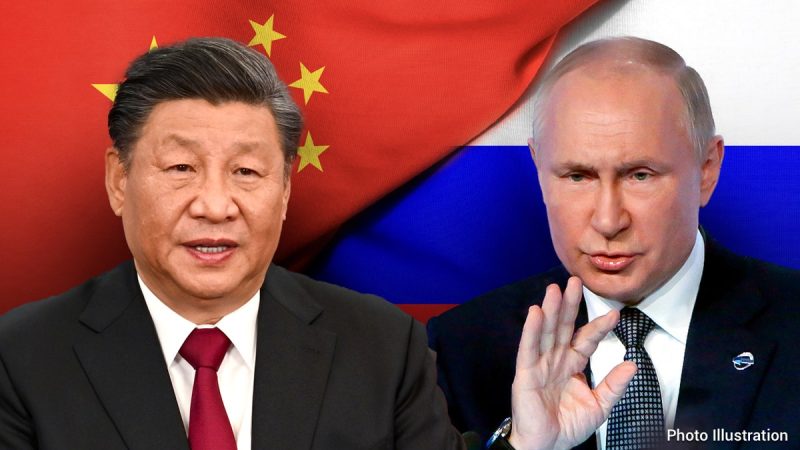Article:
A new debate has surfaced on the international political stage, fueled by allegations from U.S intelligence officials asserting Russia’s interference in favor of former President Donald Trump in the upcoming 2024 United States elections. Incidentally, this is not the first time that the Kremlin has been accused of such interference. This article contends to explore the depth of these allegations, the possible strategies employed by Russia, and the implications of these interference attempts on global politics.
The root of the issue dates back to the extensive role reportedly played by Russia in stretching their influence over the 2016 U.S Presidential elections. As per the U.S Intelligence officials, Moscow had fueled misinformation campaigns aiming to sway the voters’ inclination towards Trump. Lately, a distinct echo of the previous allegations has arisen in the context of prospective elections in 2024.
Firstly, for a comprehensive understanding of the matter, it is crucial to comprehend how this alleged interference transpires. It primarily includes strategies marked by spreading misinformation and diplomatic subterfuge, according to the officials. The engagement occurs on multiple digital fronts where false news narratives are pushed and swayed towards undermining public opinion, consequently creating an atmosphere of confusion and suspicion.
Furthermore, the accusations state that manipulation of social media platforms is a substantial part of the strategy. In this sophisticated age of communication, social media holds the persuasive power to create, modify, and plant public opinions accordingly. Continuous allegations emphasize that Russia strategically amplifies polarizing content, fostering divides among U.S citizens.
The crux of these allegations can also be seen in the U.S intelligence report’s evaluation – ‘Foreign Threats to the U.S Election in 2020’. The report highlighted that Russia endeavored to undermine public confidence in election processes, denigrate presidential candidate Biden, and underpin former President Trump by utilizing covert operations.
Yet, while the spotlight is on Russia, it is vital to acknowledge that she is not alone in the alleged ventures. The same U.S Intelligence report also pointed towards China and Iran, indicating their potential role in interfering with U.S elections. Thereby, this issue prudently emerges as a collective international concern.
In unpacking this complex geopolitical issue, one must also consider the implications on the global political landscape. The allegations of Russian interference posit a strain in U.S-Russia relations, with lingering skepticism and mistrust that could potentially escalate existing tensions. Moreover, these claims raise queries on sovereignty, democracy, and freedom of information – principles each democratic nation holds dear. They further amplify concerns over cybersecurity, underscoring the necessity to bolster digital defenses.
Determined scrutiny of these alleged actions raises essential questions: How is the truth differentiated from misinformation in such political games? How effective are the existing cyber-technological defenses? Are we adequately equipped to tackle such issues?
While the U.S intelligence community continues to investigate and expose such attempts, the workings of international politics remain a multi-layered puzzle, leaving room for divergent narratives, complex strategies, and concealed motives.
Indeed, the allegations of Russia’s interference in election matters are reflective of an intricate facet of global politics. As this geopolitical chess game unfolds, nations worldwide would undoubtedly be eying this development, all while battling their intrinsic complexities revolving around information architecture, cybersecurity,






























